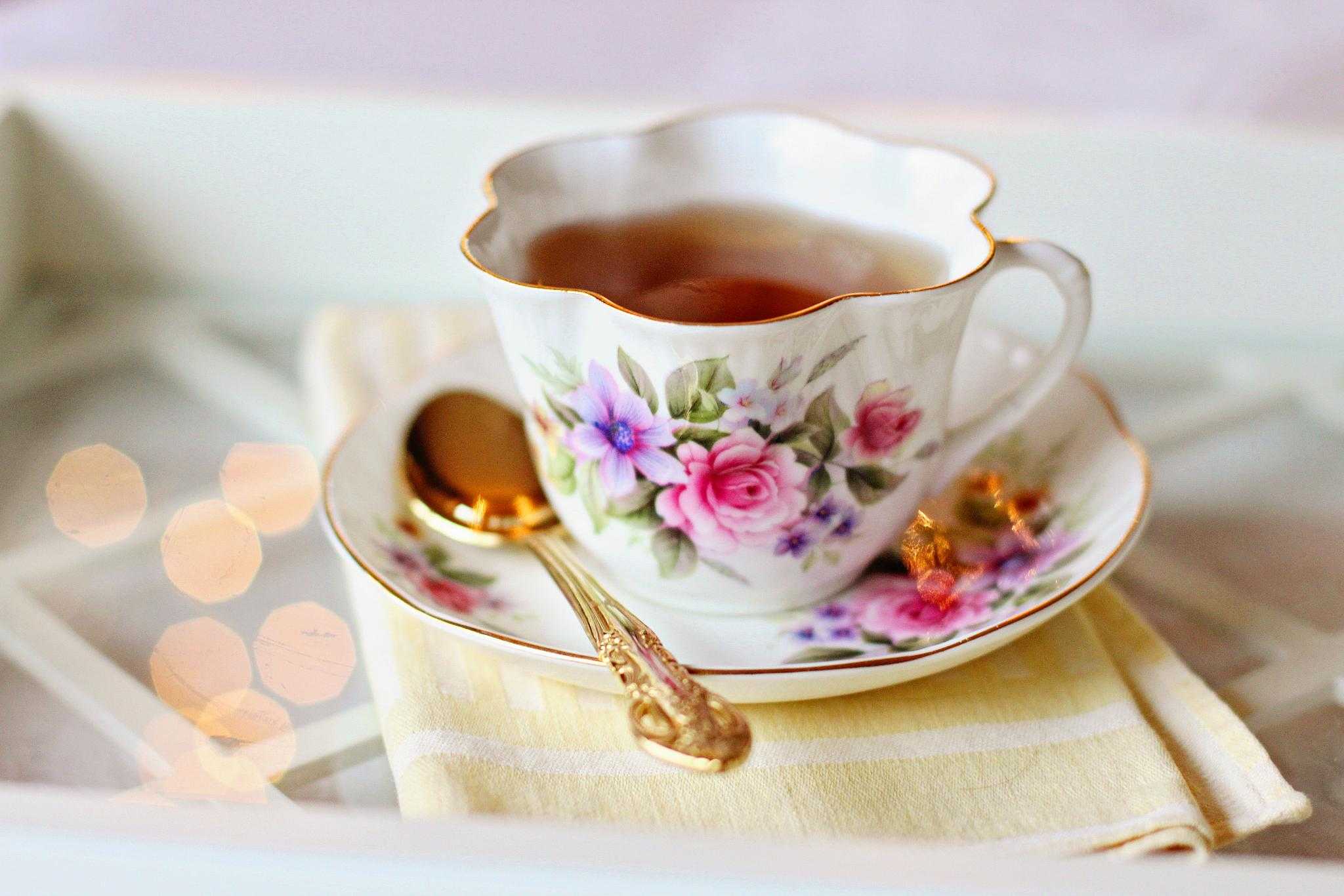MILAN — Unilever has announced a strategic review of its tea division, which generated €2.9bn of sales last year, following last week’s quarterly results that showed the slowest growth in sales in a decade. This could lead to the partial or total sale of the unit, as “changing consumer preferences” have seen more people switch from black tea to herbal or coffee.
Chief Executive Alan Jope stated recently that the company“has targeted what he calls ‘brands with purpose’, saying that brands which do not have a clear social or environmental function could be eliminated from Unilever’s roster”.
But the Daily Mail says the main reason for offloading Unilver’s tea portfolio is “because the British public are falling out of love with tea”.
According to the Financial Times, as the maker of the Lipton and PG Tips brands, Unilever has suffered from declining appetite in developed countries for a standard black brew.
“Two-thirds of our [tea] business is in black tea, and most of that is in the developed world . . . Despite strong brands and putting great people to run our tea business for many years, it has been for decades a drag on Unilever’s growth,” Mr Jope told the newspaper in an interview.
Market researchers said the traditional brew was losing popularity as younger consumers turned to the growing coffee market or to fruit and herbal tea, where Euromonitor said sales grew over the past five years in every region.
Younger buyers want “hydrating beverages”, according to Ilaria Abagnale, research analyst at Euromonitor.
“At the same time, the health trend is pushing sales of organic products, especially in France, Sweden and Portugal, and superfoods, such as ginger and turmeric,” she added.
The standard cuppa is not is not Instagrammable
Fran Mcmonagle, 28, a lifestyle blogger living in London, told the Bbc that the traditional builder’s brew is not so popular with millennials any more either.
“Dairy alternatives don’t go as well in cups of tea. The texture of soy milk and almond milk are completely different, so it changes the cup of tea, making it thicker or more watery,” Ms Mcmonagle adds. “In coffee, I find it’s not as noticeable.”
Ms Mcmonagle also says that the rise of Instagram means that beverages need to make a big impact so that people want to take a photo of them.
“People are more likely to post a photo of their iced latte or Unicorn Frappuccino – a viral drink made popular by Starbucks in the US – and share it with their friends, than a standard cup of tea.”
It’s like we were still drinking Blue Nun
Edward Eisler, who founded high-end UK-based brand Jing Tea, based on the culture of loose tea in China, said he believed the western market would move in a similar direction, with consumers regarding different teas as they do varieties of coffee or wine.
“Mass-marketed standardised black is not answering the needs of the consumer around taste and quality and origin and sustainability . . . it’s as if we are still drinking Blue Nun,” he said, referring to the sweet German wine popular in the 1980s.
With 10.4 per cent of the highly fragmented global retail market in black tea, according to Euromonitor, Unilever has been hit hard by the change in tastes — its Lipton brand alone has about 7 per cent. No other company comes close. Tata Global Beverages, the Indian group that owns Tetley, commands 2.3 per cent globally, as does Associated British Foods, owner of the Twinings brand.
Unilever has been particularly hurt by a shift to more upmarket brands.
While retail sales volumes of black tea dropped in the five years to 2019 — by 15.3 per cent to 71,400 tonnes in the UK — the value sold rose over the same period, as many buyers traded up to premium versions.
That left established mid-market brands struggling. ABF’s Twinings brand last year overtook Unilever’s PG Tips as the most popular brand in the UK, according to Nielsen. Innovations such as “cold infusions” offered by the likes of Twinings can fetch six times the price per bag of standard black tea, Tom Newman, senior analyst at Nielsen, said.
Unilever has chased new trends by buying the herbal tea brand Pukka and the speciality tea brand Tazo in 2017, but both are dwarfed by the size of Lipton.
Barclays analysts estimate the value of the company’s whole tea arm at €4bn-€5bn,
though they said: “We see few willing buyers for a declining black tea business.” The Anglo-Dutch group said it would not necessarily sell the entire division, but could sell parts or enter new partnerships. Unilever already has a joint venture with Pepsi for ready-made Lipton drinks such as iced tea.
Analysts at Jefferies suggested the company could sell its developed market tea holdings while retaining those in emerging markets such as India, where black tea sales are growing in both volume and value.
Despite noting a “demographic problem” with the ageing buyers of black tea in developed markets, Mr Jope said: “We have very strong brands that other people might find very attractive as part of their business.”


















